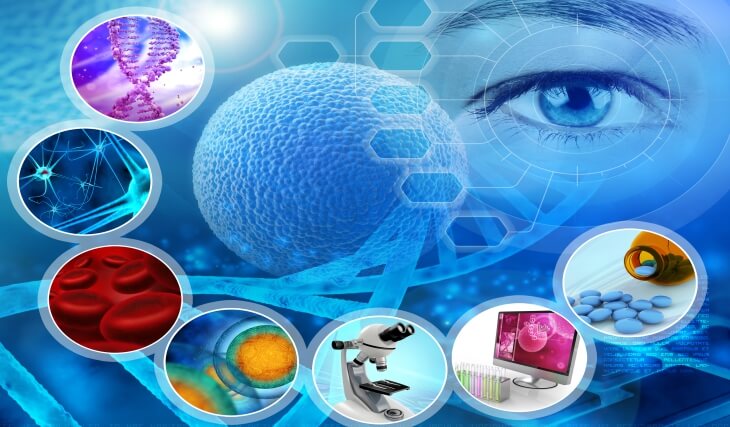
Emerging Technologies for Gut Microbiome Research
Think of a metropolis on a normal weekday, when everyone is in a hurry to get to their job or their next appointment. The human microbiome consists of trillions of microbes (also called microbiome or microbes) of hundreds of different kinds, so if you can picture this on a microscopic scale, you'll have a good concept of what it looks like within our bodies. Bacteria are just one type of microorganism; fungus, parasites, & viruses are all in this category. These "bugs" live in harmony throughout the body of a healthy human, with the greatest concentration in the intestines (both small and large). The microbiome has been given the status of a supplementary organ due to the crucial tasks, it plays in maintaining the health of the host.
How microbiota profit the body
Microorganisms play an important role in health by boosting the immune system, neutralizing harmful substances in food, and producing essential nutrients including B vitamins & vitamin K. For instance, bacteria are the only organisms that contain the essential enzymes for producing vitamin B12, while animals and plants are unable to do so on their own.
Starches & fibers may not be as easily digested as sugars like table sugar & lactose (milk sugar), and may move deeper to the large intestine, where they are absorbed more slowly. In that setting, the proteolytic enzymes produced by the microbiota aid in the breakdown of these substances. Short-chain fatty acids (SCFA) are produced when the body ferments indigestible fibers; these SCFA not only provide the body with a food supply, but also aid in muscular strength and may help avoid chronic diseases such as cancer & bowel disorders. Clinical trials have revealed that SCFA has promise as a treatment for gastrointestinal conditions like ulcerative colitis, Psoriatic arthritis, as well as antibiotic- associated diarrhea.
The function of probiotics
How do we make sure we have enough of the proper kinds of microbiota if they are so important to our wellbeing? Probiotics are something you've probably heard of, and you may even be taking them right now. Those are either meals that already have microbiota in them or supplements that claim to include live, active bacteria that will help your digestive system. The market for probiotic supplements is expected to grow from its 2015 high of over $35 billion to over $65 billion by the year 2024. Whether you put stock in the health claims or dismiss them as another snake oil scam, you can't deny that this sector is a multi-billion dollar business that is always adapting to the latest findings in the field.


